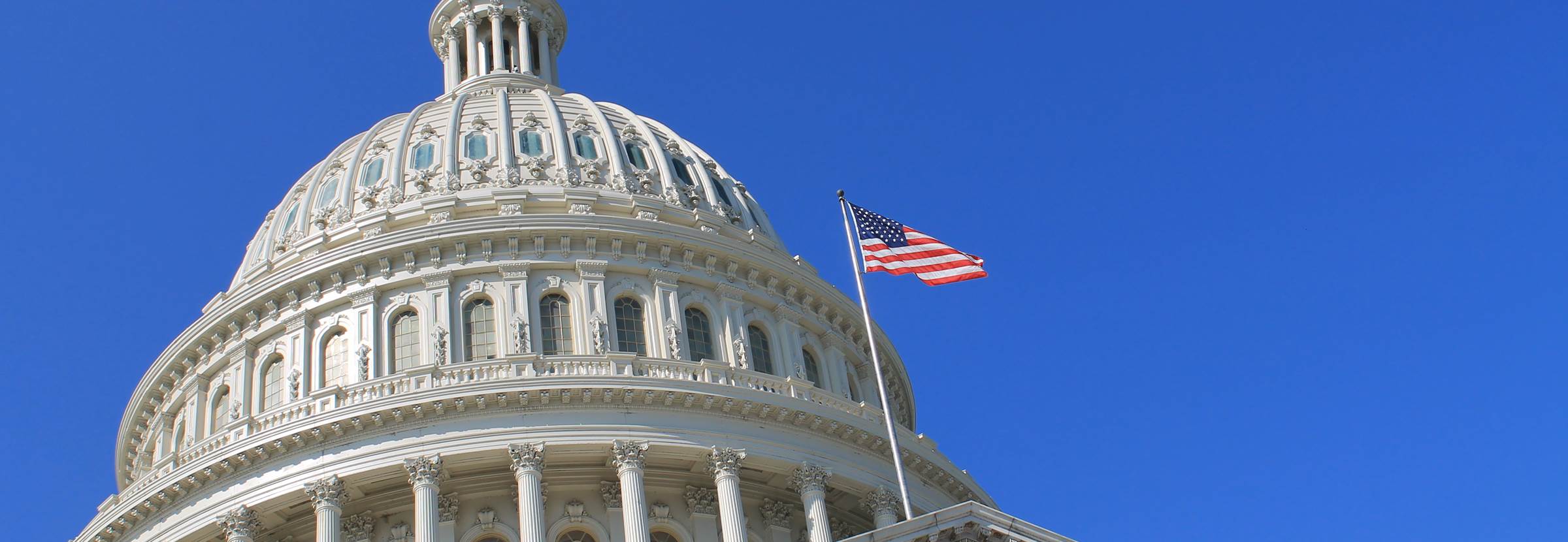Senate Passes Inflation Reduction Act with SWACCA-Supported Prevailing Wage Protections on Clean Energy and Building Decarbonization Tax Credits
The $700 billion “Inflation Reduction Act” bill the Senate advanced to the House Sunday using a special Budget Reconciliation procedure that allowed them to pass it with no Republican support is a broad bill. It includes provisions requiring Medicare to negotiate on prescription drugs; sets a corporate minimum tax rate of 15%; creates a new 1% excise tax on stock buybacks; devotes more than $370 billion to fight climate change through tax incentives that encourage energy efficiency and reduced carbon emissions, opens new federal land to oil and gas drilling; extends for three additional years Obamacare premium subsidies; provides a massive budget increase to the IRS to undertake increased audits and enforcement; and extends tax credits for electric vehicles that meet specified criteria for price, purchaser income, and domestic sourcing of certain materials.
Importantly, SWACCA worked with our allies in the Construction Employers of America (CEA) to support provisions in the bill that apply Davis-Bacon prevailing wage protections to the clean energy and building decarbonization tax credits included in the bill. The Inflation Reduction Act provides for the extension of the Section 45 renewable energy production tax credit (PTC) and the Section 28 investment tax credit (ITC) for installing designated renewable energy generation equipment for construction projects that begin construction before January 1, 2025. To be eligible for 100% of either the PTC or the ITC, the bill requires project sponsors to ensure compliance with prevailing wage and apprenticeship requirements.
Specifically, the bill requires that any laborers and mechanics employed by contractors and subcontractors in the construction of a renewable energy facility receiving a tax credit under the bill shall be paid at rates not less than the prevailing rates for construction. If the laborers are not paid prevailing wage, the project would only be eligible for 20% of the PTC or ITC. With regard to the apprenticeship requirements, to be eligible for the full PTC or ITC, contractors must ensure that no fewer than: (1) 10% of total labor hours are performed by qualified apprentices on construction that begins before January 1, 2023; (2) 12.5% of total labor hours are performed by qualified apprentices on construction that begins after December 31, 2022 and before January 1, 2024; and 15% of total labor hours are performed by qualified apprentices on construction that begins after December 31, 2024.
In addition to the PTC and ITC provisions, the bill also contains changes to the section 179d tax deduction. This tax deduction primarily enables building owners to claim a tax deduction for installing qualifying systems, which include a building envelope. The deduction would be increased from its current $1.80 per square foot to a sliding scale of $2.50 to $5 per square foot. To be eligible for the maximum tax credit, the legislation would require building owners to ensure that any laborers and mechanics employed by contractors and subcontractors in the installation of any property be paid wages at rates not less than the prevailing rates for construction. The same apprenticeship requirements as outlined above would also apply to the updated section 179(d) deduction.
© 2024 Signatory Wall and Ceiling Contractors Alliance (SWACCA). All rights reserved.
